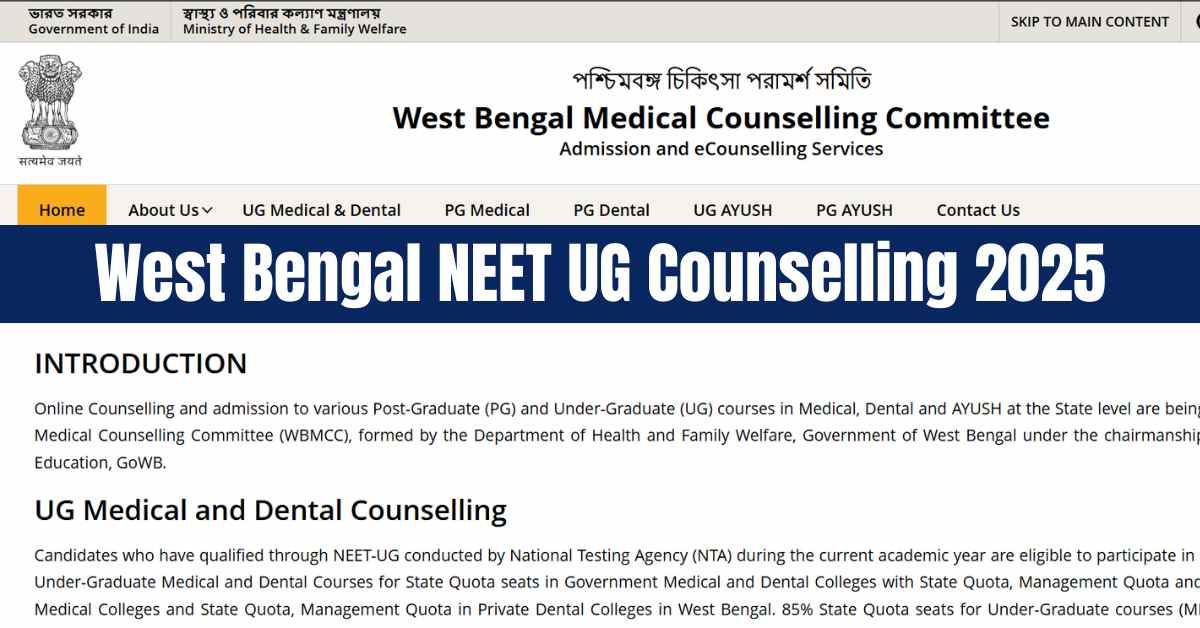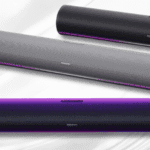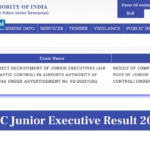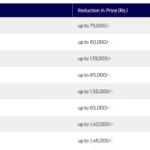Every year, thousands of medical aspirants in West Bengal dream of securing a seat in MBBS, BDS, and postgraduate medical courses across government and private colleges. The West Bengal Medical Counselling Committee plays a vital role in turning those dreams into reality by conducting transparent and merit-based counselling for medical admissions.
If you are preparing for NEET-UG or NEET-PG and aiming for admission into West Bengal’s top medical colleges, understanding how WBMCC works is crucial. In this detailed blog, we’ll cover everything about WBMCC—its functions, eligibility, counselling process, important dates, documents required, seat matrix, and tips for candidates.
What is WBMCC?
The West Bengal Medical Counselling Committee is the official body responsible for conducting medical counselling in the state. It operates under the Department of Health & Family Welfare, Government of West Bengal and oversees:
- Admission to MBBS and BDS courses through NEET-UG scores.
- Admission to MD, MS, and PG Diploma courses through NEET-PG scores.
- Allocation of state quota seats (85%) in government medical and dental colleges.
- Allocation of seats in private medical/dental colleges within West Bengal.
The remaining 15% All India Quota (AIQ) seats are managed by the Medical Counselling Committee (MCC) under the Directorate General of Health Services (DGHS), not WBMCC.
Key Functions
- Release of Notifications – publishes admission notifications, eligibility criteria, and schedules for counselling.
- Seat Matrix Publication – It provides details of available seats across medical and dental colleges.
- Online Registration – Candidates register through official website for counselling rounds.
- Choice Filling and Locking – Aspirants select their preferred colleges and courses.
- Seat Allotment – Based on merit, reservation, and preferences, seats are allotted.
- Document Verification – Candidates must physically verify their documents at designated centers.
- Admission Finalization – After verification, candidates report to colleges to confirm their admission.
Eligibility Criteria
Before applying, candidates must ensure they meet the eligibility standards set by WBMCC.
For NEET-UG (MBBS/BDS):
- Must qualify NEET-UG with the required cutoff percentile.
- Must be a domicile of West Bengal (for state quota seats).
- Age limit: Minimum 17 years at the time of admission.
- Must have passed 10+2 with Physics, Chemistry, Biology with the required percentage.
For NEET-PG (MD/MS/Diploma):
- Must qualify NEET-PG with the minimum required percentile.
- Must have completed MBBS from an MCI-recognized institute.
- Must have completed or be completing a compulsory rotatory internship by the deadline.
WBMCC Counselling Process
The counselling process is conducted entirely online (except for document verification and reporting). It usually consists of multiple rounds. Let’s break it down:
1. Online Registration
- Visit the official WBMCC website.
- Register using NEET credentials.
- Pay the required counselling fee.
2. Choice Filling & Locking
- Candidates select their preferred colleges and courses from the seat matrix.
- Choices must be carefully locked within the deadline.
3. Seat Allotment Result
- WBMCC releases the provisional and final seat allotment lists.
- Candidates can check their allotment using their login credentials.
4. Document Verification
- Shortlisted candidates must visit designated centers with original documents for verification.
- This step confirms the authenticity of the candidate’s eligibility.
5. Reporting to College
- After verification, candidates report to the allotted college for admission formalities.
6. Subsequent Rounds
- WBMCC conducts Round 1, Round 2, Mop-Up Round, and Stray Vacancy Round depending on seat availability.
Documents Required for Verification
During document verification, candidates must carry the following:
- NEET Admit Card & Rank Letter
- Class 10th & 12th Marksheet and Certificate
- MBBS Degree (for PG)
- Internship Completion Certificate (for PG)
- West Bengal Domicile Certificate
- Caste/Category Certificate (if applicable)
- PwD Certificate (if applicable)
- Passport-size Photographs
- Allotment Letter from WBMCC
Failure to provide valid documents can lead to cancellation of the seat allotment.
Reservation Policy in WBMCC
WBMCC follows the Government of West Bengal’s reservation norms for medical admissions. Some categories include:
- SC (Scheduled Castes) – 22%
- ST (Scheduled Tribes) – 6%
- OBC-A & OBC-B – As per state norms
- PwD (Persons with Disabilities) – 5%
- EWS (Economically Weaker Sections) – 10% (in some institutions)
This reservation policy ensures inclusivity and equal opportunities in medical education.
Seat Matrix in West Bengal
The seat matrix is released every year and gives a clear idea of how many seats are available.
- Government Medical Colleges: Around 3,000+ MBBS seats across various institutions.
- Private Medical Colleges: Around 1,200+ MBBS seats.
- Dental Colleges: Several hundred seats in both government and private institutions.
- Postgraduate Courses: Thousands of MD/MS/Diploma seats across specialties.
The seat matrix helps candidates in making informed choices during counselling.
Important Dates (Tentative Timeline)
While exact dates vary each year, the general timeline is:
- June–July: NEET-UG results announcement.
- July–August: WBMCC opens UG counselling registration.
- September–October: NEET-PG counselling for postgraduate seats.
- October–December: Mop-up and stray rounds (for both UG and PG).
Students should regularly check WBMCC’s official website for the latest updates.
Challenges Faced by Students
Despite the efficiency of WBMCC, students often face challenges such as:
- Technical Issues – Online portals may face glitches during peak times.
- Confusion in Choice Filling – Many candidates struggle to prioritize colleges correctly.
- Document Verification Stress – Missing or incorrect documents can cause last-minute panic.
- High Competition – Limited seats in top colleges create pressure.
- Private College Fees – For some, affordability remains a challenge.
Tips for Candidates Appearing for WBMCC Counselling
- Research Colleges in Advance: Know the infrastructure, faculty, and fee structures.
- Understand Cutoffs: Go through previous years’ cutoff ranks to make realistic choices.
- Keep Documents Ready: Arrange and verify your certificates beforehand.
- Don’t Miss Deadlines: Strictly follow counselling schedules.
- Use Mock Counselling: Some platforms provide mock counselling to practice choice filling.
- Have Backup Options: Always keep a backup college preference in case your first choices don’t work out.
WBMCC and Its Importance in Medical Education
The existence of WBMCC ensures fairness and transparency in admissions. Before centralized counselling was implemented, students often faced issues like multiple admissions, seat blocking, and lack of clarity. WBMCC has streamlined the process, ensuring that seats are allocated based on merit and reservation norms.
By handling both UG and PG medical admissions, WBMCC has become the backbone of West Bengal’s medical education system.
Future of WBMCC
As digital platforms evolve, WBMCC may introduce more:
- AI-driven choice filling guidance.
- E-verification of documents to reduce manual stress.
- Integration with national databases for smoother admissions.
- Greater transparency in fee regulation across private institutions.
This will make the process even more efficient and student-friendly.
Conclusion
The West Bengal Medical Counselling Committee (WBMCC) plays a critical role in shaping the future of aspiring doctors in the state. By ensuring a transparent, merit-based, and well-structured admission process, it helps thousands of students secure their medical dreams every year.
For students aiming to crack NEET-UG or NEET-PG and enter top medical institutions in West Bengal, staying updated with WBMCC notifications, preparing the right documents, and making informed choices during counselling is the key to success.
As competition grows and more candidates vie for limited seats, WBMCC will continue to remain the guiding authority that balances opportunity, fairness, and excellence in medical education.










